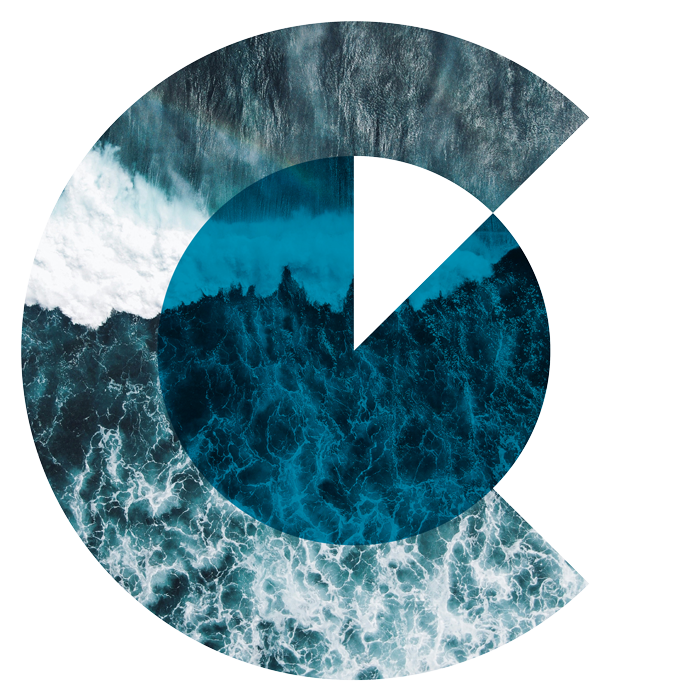
Our Policies
The European Marine Biological Resource Centre (EMBRC) is a European research infrastructure (RI) dedicated to marine biology and ecology research. Throughout our work to advance marine science and find sustainable solutions to pressing global issues, we promote and are working towards the following policies.
Open Science
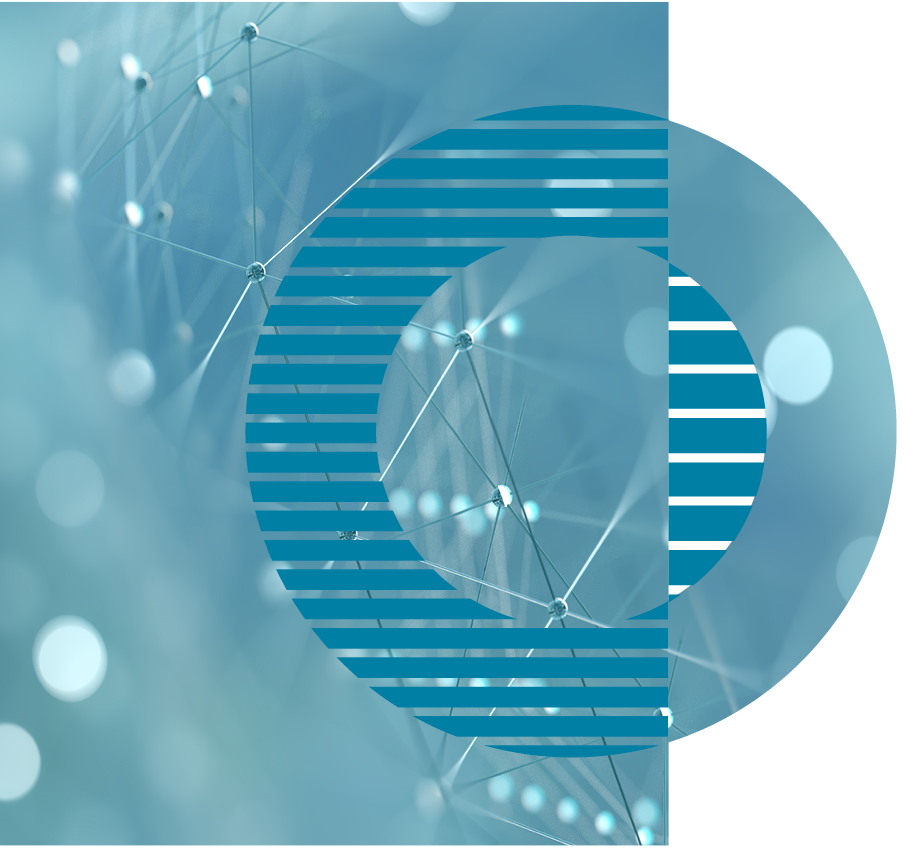
Open Science infrastructures provide the vital foundation and pillars of sustainable science.
EMBRC promotes Open Science by following inclusive global standards, and providing access to marine ecosystems and their biodiversity, innovative facilities, services, resources, and expertise to academic and industrial researchers.
We encourage Open Science by:
- Facilitating multidisciplinary and transnational collaborations between academia and industry
- Creating open access platforms for data sharing and collaborating on European Open Science Cloud (EOSC) projects, such as FAIR-EASE
- Implementing Standardised Operating Procedures (SOPs) for data generation and analysis to help researchers avoid biases and produce comparable and interoperable results

FAIR Data Principles

We are working towards using Findable Accessible Interoperable Reusable (FAIR) data principles throughout our work to give marine biodiversity research a longer lifetime and ensure sustainable science.
We are also aiming towards ensuring all datasets generated by EMBRC projects are:
- Findable: easy for both humans and computers to find. This is often achieved by giving the data a unique identifier and clearly describing it in any metadata
- Accessible: once found, the user can easily access the data, even when the original dataset is no longer available
- Interoperable: it can be integrated with other datasets and workflows
- Reusable: described well enough that it …
We are working towards using Findable Accessible Interoperable Reusable (FAIR) data principles throughout our work to give marine biodiversity research a longer lifetime and ensure sustainable science.
We are also aiming towards ensuring all datasets generated by EMBRC projects are:
- Findable: easy for both humans and computers to find. This is often achieved by giving the data a unique identifier and clearly describing it in any metadata
- Accessible: once found, the user can easily access the data, even when the original dataset is no longer available
- Interoperable: it can be integrated with other datasets and workflows
- Reusable: described well enough that it can be reused and replicated by other researchers
We are working towards supporting FAIR data principles in the daily work of our EU projects and EMBRC’s EMO BON observatory. We’re also striving to remove silos and allow scientists to work together more easily by ensuring results are FAIR, transparent, and comparable.
Understanding FAIR data principles makes it easier for researchers to find and use each other’s data, giving their work a longer lifetime and helping it to reach more people. As well as benefiting individual marine scientists and data managers, this also helps important marine biodiversity research spread more widely.
Access and Benefit-Sharing (ABS)
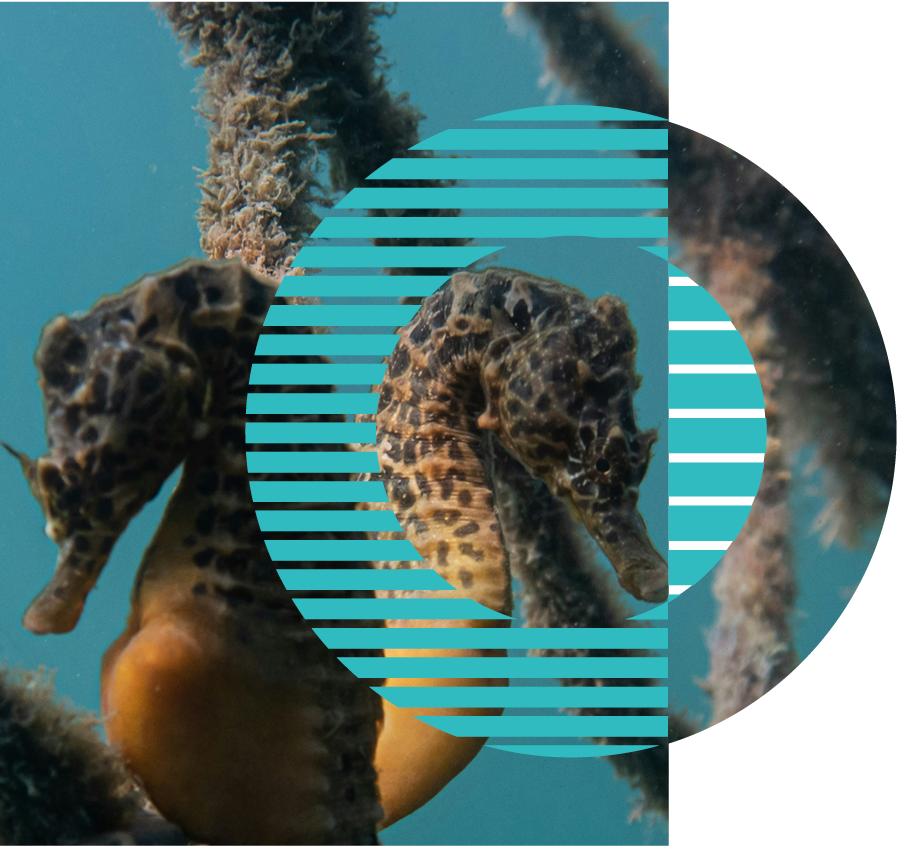
EMBRC is dedicated to ensuring fairness and equity in the field of ocean science. We support compliance to the international Access and Benefit-Sharing (ABS) framework. Under this framework, any research using genetic resources – such as plants, animals or microbes – or traditional community knowledge must ensure the benefits are shared in a fair and equitable way with the source countries.
EMBRC is taking the following steps to ensure all organisms obtained through our biological resource centres, culture collections, and biobanks are compliant with ABS rules.
EMBRC is dedicated to ensuring fairness and equity in the field of ocean science. We support compliance to the international Access and Benefit-Sharing (ABS) framework. Under this framework, any research using genetic resources – such as plants, animals or microbes – or traditional community knowledge must ensure the benefits are shared in a fair and equitable way with the source countries.
EMBRC is taking the following steps to ensure all organisms obtained through our biological resource centres, culture collections, and biobanks are compliant with ABS rules.
- Developing ABS e-tools, webinars and guidelines on ABS best practices
- We developed ABS guides through the European Blue Biobank (EBB) project
- TRACE, is a searchable catalogue of marine biological resources that includes the ABS status of available resources. This beta database was developed through the European Blue Biobank (EBB) project and funded by the EU’s Interreg Atlantic Area programme
- Improving marine biological resources management based on EMBRC’s ABS best practices
- Integrating ABS into EMBRC’s wider traceability strategy to follow new international frameworks which shape research practices for marine bioresources the data generated by EMBRC’s EMO-BON project
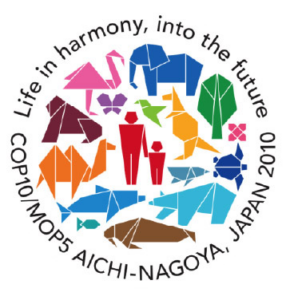
The Nagoya Protocol on Access and Benefit-sharing is an international agreement that ensures genetic resources are used – and their benefits shared – in a fair and equitable way.
Based on the Convention on Biological Diversity principle of sovereignty of a country over its biological resources, the Nagoya Protocol, aims to contribute to the conservation and sustainable use of biodiversity. It does this by providing a framework for regulating access to biological resources, sharing the benefits that result from their use, and adopting ABS compliance measures.
This means people who use biological resources must comply with ABS requirements when obtaining samples from countries that have ratified the Protocol.
Sustainability Policies
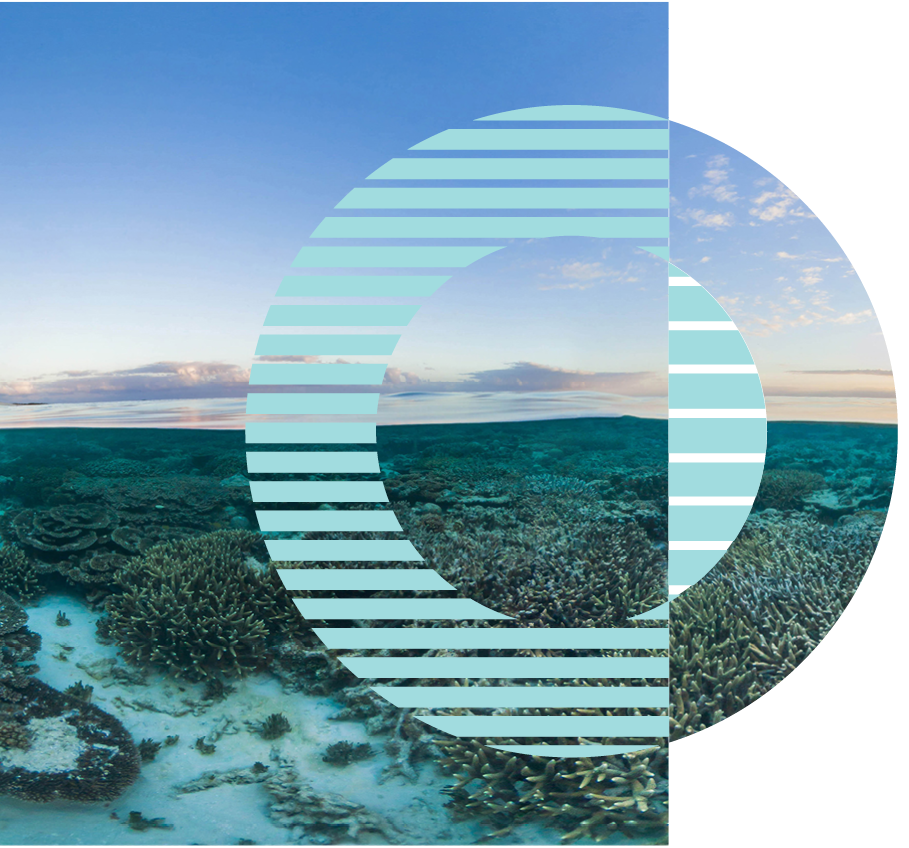
As a central player in European research, education and innovation, EMBRC’s work impacts EU strategies, such as the essential system-based changes outlined in the European Green Deal, and Blue Growth.
Our work contributes to a just socio-economic transition towards sustainable production systems by:
- Making marine production systems more efficient and sustainable
- Using research, development, and innovation to support a blue socioeconomic transition and the EU Mission to “Restore our Ocean and Waters 2030”
- Promoting multidisciplinary approaches that contribute to European policy priorities and enable evidence-based decision-making
- Accelerating scientific and technological advancement in the blue bioeconomy
By bringing together diverse …
As a central player in European research, education and innovation, EMBRC’s work impacts EU strategies, such as the essential system-based changes outlined in the European Green Deal, and Blue Growth.
Our work contributes to a just socio-economic transition towards sustainable production systems by:
- Making marine production systems more efficient and sustainable
- Using research, development, and innovation to support a blue socioeconomic transition and the EU Mission to “Restore our Ocean and Waters 2030”
- Promoting multidisciplinary approaches that contribute to European policy priorities and enable evidence-based decision-making
- Accelerating scientific and technological advancement in the blue bioeconomy
By bringing together diverse stakeholders to drive scientific discovery and technological progress, EMBRC is contributing to the implementation of important European environmental policies.


